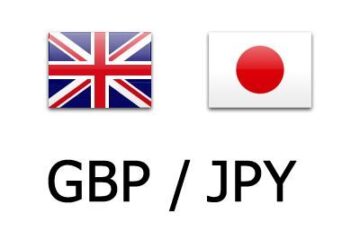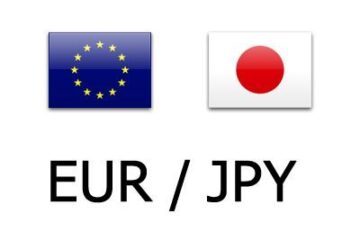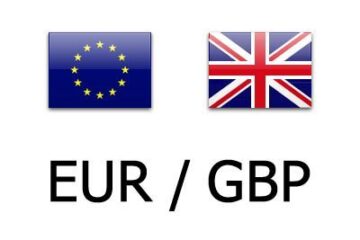DoorDash (DASH) was founded in 2013 by a small group of Stanford students with the idea of helping small businesses with food delivery.
Tony Xu, Andy Fang, Stanley Tang, and Evan Moore were so humble when they launched the business, which was originally called Palo Alto Delivery, that they made food deliveries themselves.
💵💰Don’t miss the move: Subscribe to TheStreet’s free daily newsletter💰💵
After getting $120,000 in funding from Y Combinator in trade for a 7% stake in the business, the company renamed itself DoorDash in 2013 and started on a road that would eventually lead to enormous success.
While DoorDash wasn’t the only food delivery business of its type when it launched — Uber Eats was also in the space — it eventually eclipsed it, becoming the largest food delivery provider by 2019.
Related: DoorDash tries controversial method to deliver your meal
Today, DoorDash holds the largest market share of 67%, compared to Uber Eats’ 23%, per Statistica. The company has also expanded outside the food delivery space, offering everything from flowers to beauty products to pet food.
Basically, if you can walk into a store and buy it, DoorDash is willing to bring it to you.
But now DoorDash is facing new claims that it purposely misleads its customers, which could have a serious effect on its reputation as a company if proven true.
DoorDash has been accused of being dishonest with customers.
Image source: TheStreet
DoorDash faces troubling allegations
The Competition Bureau announced that it filed a lawsuit against DoorDash and its Canadian subsidiary on Monday for a practice it calls “drip pricing.”
Drip pricing is a pricing technique in which firms advertise only part of a product’s price and reveal other charges later as the customer goes through the buying process, per the Federal Trade Commission’s description.
More Restaurants:
Beloved Mexican restaurant closing iconic location after 63 yearsMajor restaurant chain quietly closes several locationsIconic restaurant closing its doors after 32 years
The lawsuit alleges that DoorDash misleads its customers by advertising lower prices that are very different by the time the customer makes it to checkout and fees are tacked on.
“The company has been engaging in the alleged conduct for close to a decade, acquiring nearly $1 billion in mandatory fees from consumers,” the Competition Bureau said in a statement.
The lawsuit also alleges that DoorDash makes certain fees appear as if they are taxes, when they are not.
Related: Domino’s Pizza suffers a startling loss as customers switch gears
It also also asks DoorDash to “stop the deceptive price and discount advertising; stop portraying fees as taxes; pay a penalty; and issue restitution to affected consumers who purchased food and other items through DoorDash’s platform.”
DoorDash gave a statement to TheStreet, saying,”Transparency with customers is a top priority at DoorDash. All fees on DoorDash, which support the high-quality operations of our platform, are clearly labeled and disclosed to consumers through the ordering process — including a final review before payment. To be crystal clear, DoorDash does not hide fees from consumers or mislead them in any way.”
“This application is a misguided and excessive attempt to target one of Canada’s leading local commerce platforms. It unfairly singles out DoorDash, and we intend to vigorously defend ourselves against these claims.”
Ticketmaster has faced similar woes
Live Nation/Ticketmaster is another business that’s been accused of deceptive pricing, leading to public outcry. It’s faced multiple allegations of tacking on fees that could drive up the cost of a ticket significantly.
Its Dynamic Pricing model also allowed people to resell tickets for dramatically higher prices, which many felt was a way of aiding scalpers.
The issue was further spotlighted after complaints around ticketing breakdown for Taylor Swift’s Eras tour, and many fans sued the company because of the way the event was handled.
The Justice Department sued Ticketmaster in May of 2024, swearing to break up what it called a “monopoly” across the live concert industry. This case is currently ongoing.
In the meantime, on May 8, 2025, Ticketmaster announced a new model called All In Pricing that would include all fees (not not taxes).
Related: Jim Cramer says these hot new stocks are ones to watch


